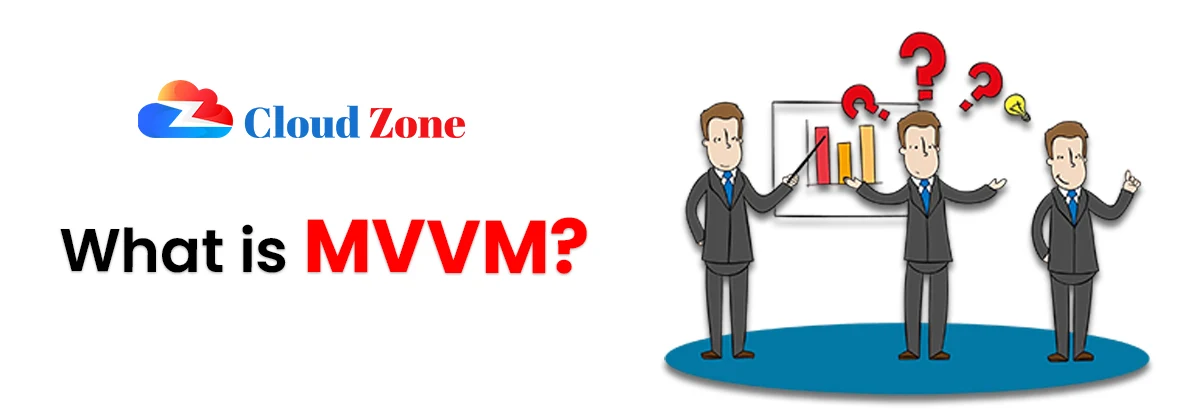Mastering Azure Kubernetes Service
Table of Contents
ToggleMastering Azure Kubernetes Service (AKS): Why It’s the Future
With the growing adoption of cloud-native solutions by businesses, learning Azure Kubernetes Service (AKS) is now necessary to remain in the forefront of technology. In this article, we will discuss what AKS is, why it is the next generation of cloud computing, and how it helps companies to scale and improve performance. The ease of integration with other Azure services and extensive support for hybrid cloud make AKS unsurpassed in flexibility. It also makes container orchestration easier, so companies can innovate quickly and better leverage their resources. Let’s find out why AKS is gaining momentum in the market and what impact will it have on the future of cloud-native applications.
What is Azure Kubernetes Service (AKS)?
Azure Kubernetes Service (AKS) is Microsoft’s managed Kubernetes platform for container orchestration. Containers radically changed the way that we deploy applications, because it can be distributed over multiple environments and portable. Microsoft provides an easy to use tool to scale these containers using AKS, which also removes the overhead of configuring and operating Kubernetes clusters.
AKS offers automatic scaling, built-in CI/CD pipelines, and integration with Azure’s ecosystem. Furthermore, it helps in minimizing administrative burdens by running essential Kubernetes services such as nodes, networks, and storage. Businesses can build and run apps rather than ponder over infrastructure.
Making the shift to AKS also gives you the advantage of Azure’s enterprise security and compliance. Authentication like RBAC, Azure AD, and on-demand monitoring keep companies safe at scale. Due to these benefits, AKS has become the foundation of many cloud-based applications.
How AKS Can Change the Future of Cloud Computing?
AKS provides agility, scalability, and cost-effectiveness as the key to the future of cloud computing. Why AKS is shaping the future for these three reasons:
1. Unmatched Scalability and Flexibility
The most impressive aspect of AKS is that it’s completely scalable. Businesses can scale their applications automatically up or down as demand increases or decreases, without any human control. This makes resources less inefficient and saves costs.
Also, AKS allows for hybrid and multi-cloud deployments, enabling enterprises to easily scale across different environments. This adaptability enables organizations to combine the best of both on-premises and cloud architectures for a robust IT plan for the future.
2. Enhanced Developer Productivity
AKS has built-in integrations with Azure DevOps and GitHub to make the development process easier. Continuous integration and continuous deployment (CI/CD) pipelines enable developers to release updates more rapidly. Developers can easily package and push applications using tools such as Helm charts and Azure Container Registry.
Furthermore, AKS makes it easier to implement microservices architecture. It offers integrated services discovery, load balancing, and traffic routing that makes it easy for developers. This productivity focus spurs innovation and allows companies to stay on top of their game.

3. Cost Efficiency and Operational Savings
Managed Kubernetes tools such as AKS remove the need for organizations to outsource infrastructure management costs. By using pay-as-you-go pricing and autoscaling, companies only pay what they use. Furthermore, AKS’s serverless Kubernetes service, Azure Container Instances, enable companies to run containers without provisioning virtual machines, thus further lowering costs.
Streamlining administrative work by delegating to Microsoft will free up IT teams to focus on strategic work, which saves tremendous cost. This efficiencies makes AKS an attractive solution for all enterprises.
4. Advanced Security and Compliance
Security is a critical factor for any cloud deployment, and AKS is no exception. AKS has threat detection built-in and end-to-end encryption to keep data safe. Azure Policy enables businesses to impose compliance policies on their Kubernetes clusters.
AKS also provides confidential computing which allows companies to process sensitive data within a private area. This is a handy feature for fields such as healthcare or finance, where data security is a high priority. As AKS addresses security concerns in advance, it bolsters users’ confidence.
Stay ahead of the curve by learning AI-powered design techniques for the web.
5. AI and Machine Learning Future Ready With Us
AKS is optimized to handle AI (AI) and ML workloads. Because Azure has integrations with such technologies as Azure Machine Learning and TensorFlow, businesses can scale their AI models. The GPU support in the platform assures high performance for intense tasks.
As AI and ML drive the innovation, AKS delivers the resources to train, test, and deliver these models effectively. This makes it one of the key forces for the technology of the future.
Stay ahead of the curve by learning AI-powered
Embracing AKS: The Future of Cloud Innovation
Learning Azure Kubernetes Service (AKS) is more than a technical proficiency, but it’s also a competitive advantage for businesses seeking to survive in the cloud. Scalability, developer productivity, cost savings, strong security, and access to the most advanced technologies such as AI and ML make AKS the rock of the new cloud computing.
When businesses embrace AKS, they are not only planning for the future but also create a window of growth and innovation. If you are a developer, IT leader or a business leader, you need to know everything about AKS and how it will revolutionize the way we do business in an ever-changing technology world. The future is in the cloud and with AKS, you’ll be prepared to take the stage.



